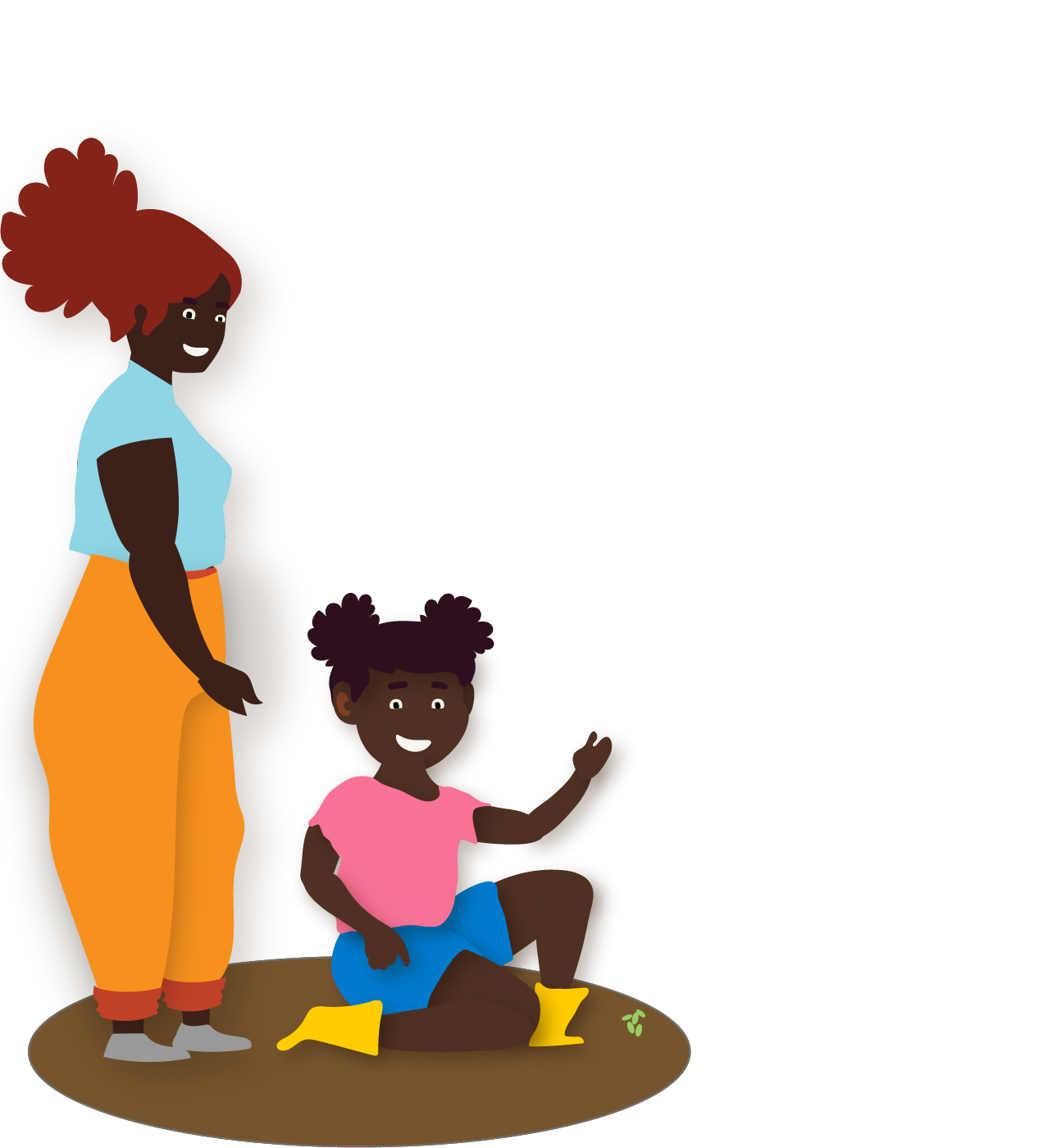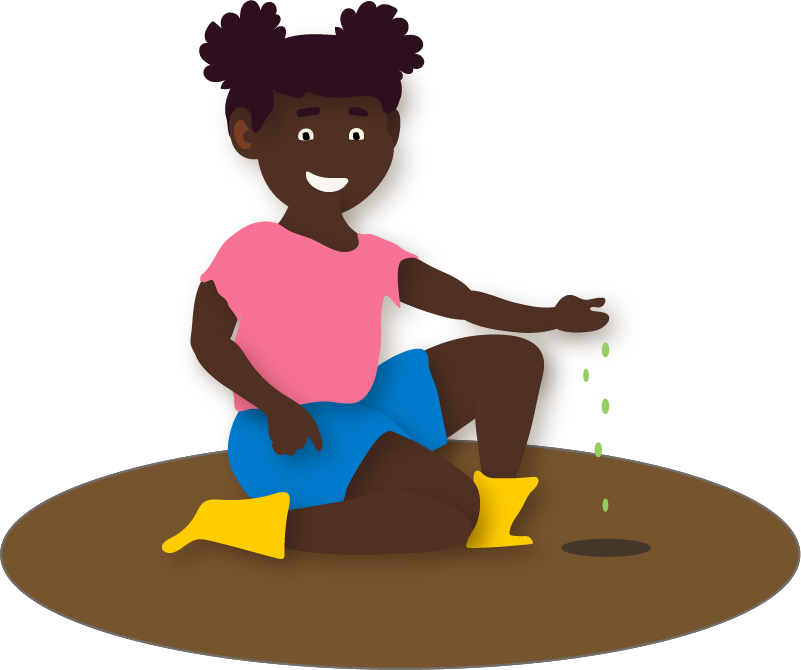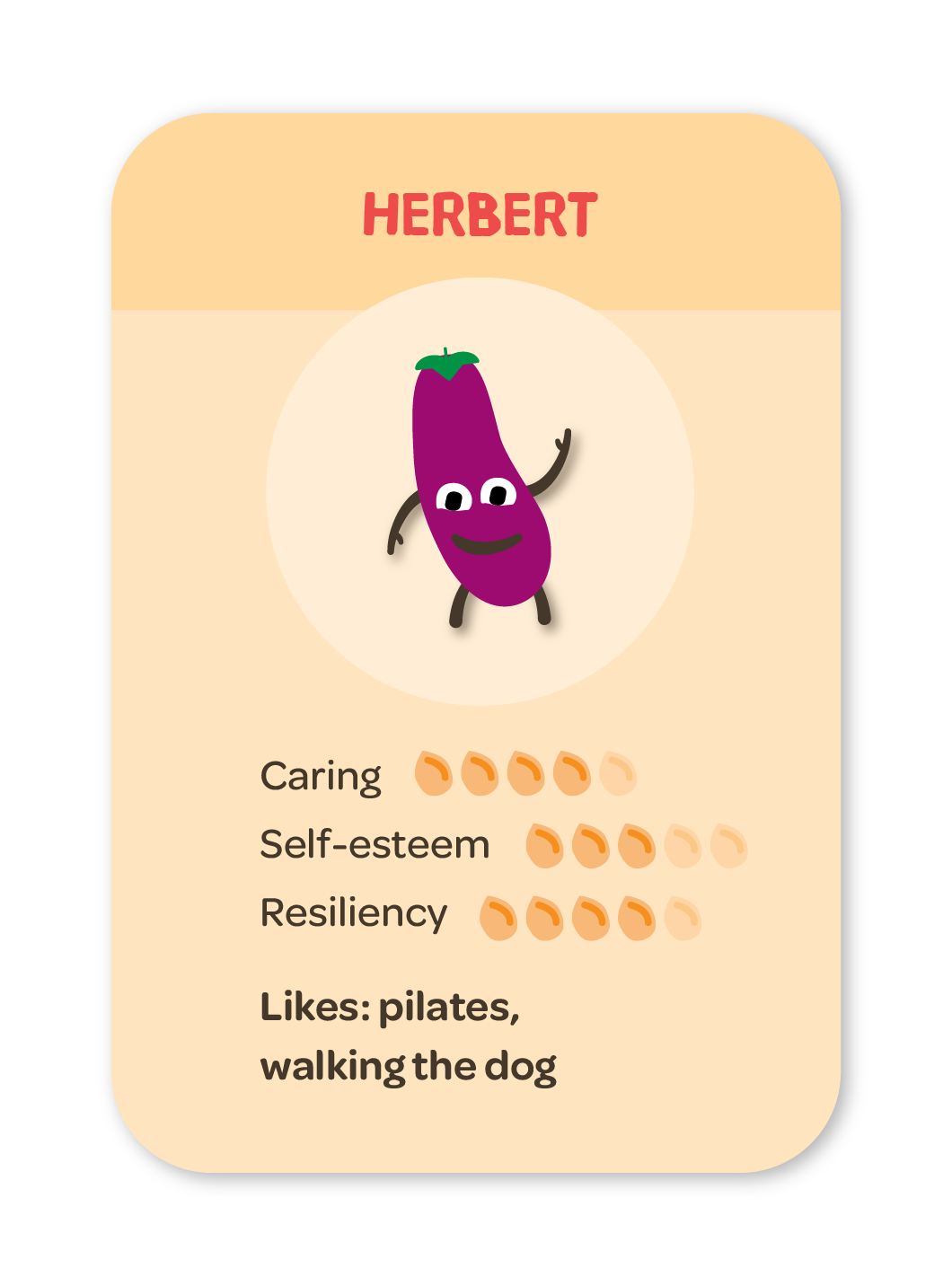Welcome to our lesson on avoiding criticism
- In this section, you will learn
- What criticism is
- Why avoiding criticism is important
- What to do instead of criticizing to improve behaviors

Avoiding criticism overview
WHAT IS CRITICISM?
- Making fun of someone's personality, characteristics, or behaviors
- Pointing out negative behaviors or aspects of someone
- Sarcastic put-downs
- Undermining or negating what someone says

WHY SHOULD I AVOID CRITICISM?
Click below to read more:
No one likes to be criticized. Criticism can hurt self-esteem and self-worth. This can lead to depression and anxiety. The more children hear criticisms, the more they believe those criticisms are true.
As a caregiver, you are the most important voice in your child’s life. Children are more likely to believe what you say, so make sure to speak truth and hope to your child.

WHAT IS CONSTRUCTIVE CRITICISM?
- "Constructive criticism" tells someone how to correct a mistake or do something better. It is not mean or sarcastic.
- For example, "I think you are forgetting to carry the one when you add big numbers. Try doing it like this."
- Criticism points out what is wrong. It does not show how to improve.
- For example, "You are terrible at math."
Constructive criticism can be helpful in the right situation. Criticism is not.

WHAT DO I REALLY MEAN WHEN I CRITICIZE?
Criticizing is easy. Click below to read more about what criticisms often mean and how to change them:
When I say, “You’re so annoying.”
- I’m overwhelmed right now.
- I’m annoyed or frustrated that I have to repeat myself.
- I need some time to myself.
- I am overstimulated.
- I have expectations that are not being met right now.
- My caregiver doesn’t like me.
- There is something wrong with me.
- Who I am is not ok.
- Say “I’m getting really frustrated and need to take a break to breathe.” Then close my eyes or go to another room to calm down.
- Use one of my strategies to redirect, offer choices, or give when-then statements to focus my child on a new activity.
When I say, “You never listen.”
- I feel like I am losing control.
- I am struggling to parent well.
- I am worried other people judge me when you don’t listen.
- I am overwhelmed and don’t know what to do.
- I feel angry and frustrated.
- I am a bad child.
- My caregiver doesn’t see or care when I try. All they see are my failures.
- I am a failure and shouldn’t even try.
- Pause, close my eyes, and label my emotion. Then remind myself that I am a good parent.
- Try to find what is getting in the way of my child listening, and adjust the environment. Also, use other strategies, like describing positive behavior, using when-then statements or redoing, or giving consistent consequences.
When I say, “Why can’t you just be like other kids?”
- I don’t understand your personality or needs.
- I don’t know the best way to support you, and that scares me.
- Reality does not meet my dreams and expectations of parenting.
- I am worried for your future in society.
- I feel overwhelmed.
- I feel angry and frustrated.
- I am not good enough.
- There is something wrong with me.
- My caregiver doesn’t want me.
- Go to another space and take some time to identify my thoughts and feelings. I could just breathe and think, or I could journal or talk to a friend.
- Find something I like about my child to praise. Become interested in what they like and who they are by describing and imitating them.
Catch the criticism quiz
A caregiver is playing with their child, and the child doesn’t share. The caregiver says, “I guess you don’t care about me.”
Think about what the caregiver really meant. Match their true feelings with a more positive response. Do this by dragging the statements to the correct box.
Quiz Summary
0 of 1 Questions completed
Questions:
Information
You have already completed the quiz before. Hence you can not start it again.
Quiz is loading…
You must sign in or sign up to start the quiz.
You must first complete the following:
Results
Results
Time has elapsed
You have reached 0 of 0 point(s), (0)
Earned Point(s): 0 of 0, (0)
0 Essay(s) Pending (Possible Point(s): 0)
Categories
- Not categorized 0%
- 1
- Current
- Review
- Answered
- Correct
- Incorrect
-
Question 1 of 1
1. Question
Sort elements
- Recognize you’re both learning. Try imitating instead – “I’m going to play with these just like you.”
- Remember that warmth and enjoyment creates more warmth and enjoyment. Try an enjoy statement instead – “I really like seeing how creative you are with the toys.”
- Remember that you are your child’s best teacher. Try modeling sharing instead – “I’m going to share this toy with you,” then make sure to praise if your child shares with you.
-
Caregiver feels uncomfortable in play and interprets behaviors as confirmation they’re not good at play.
-
The caregiver is worried their child doesn’t love them.
-
Caregiver feels that they are doing a bad job teaching their child to share.
Reflection
Think about how you can avoid criticisms at home:
Hooray! You've learned a new skill: Avoid Criticism

Login/Enroll to track your progress and mark this lesson complete.



